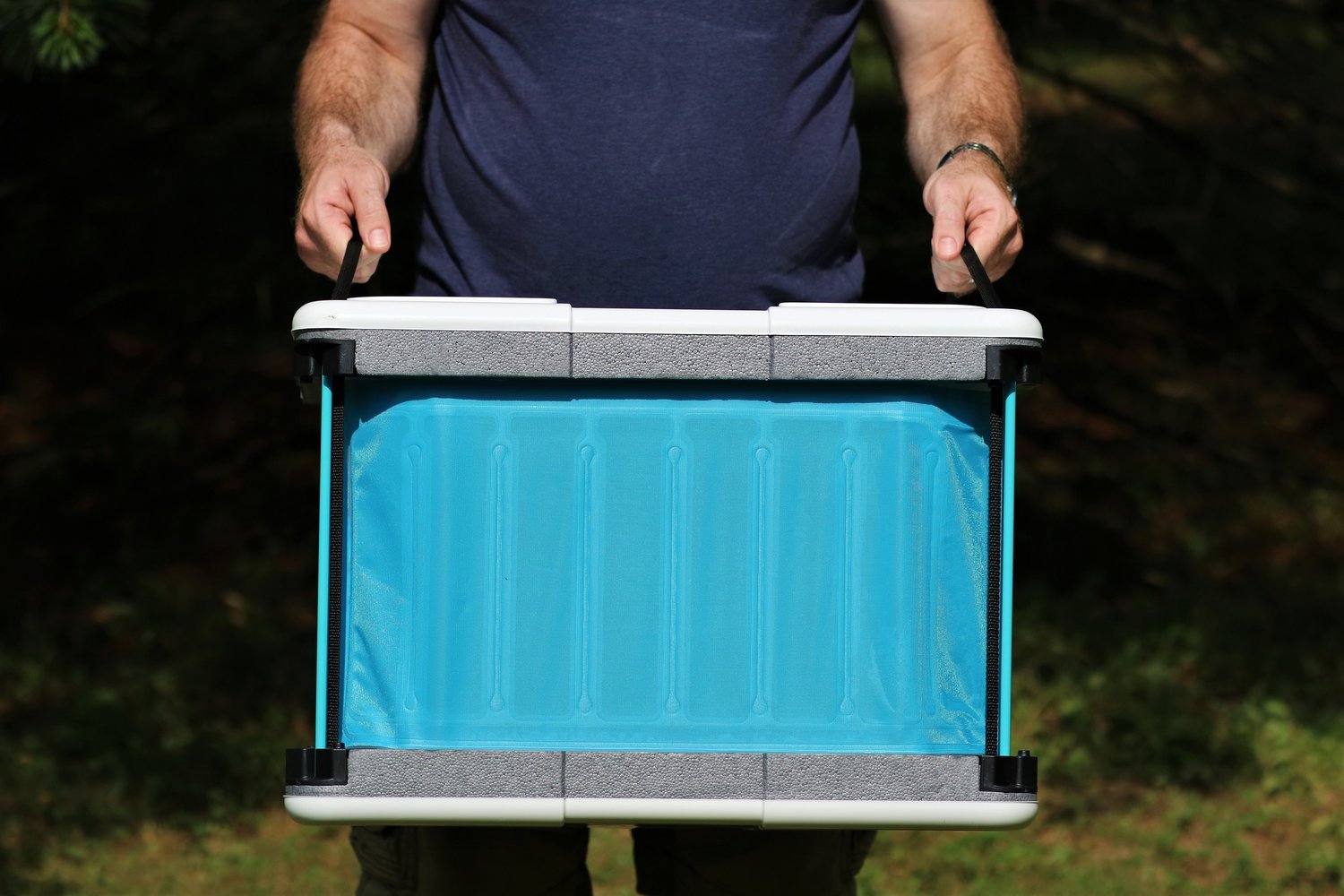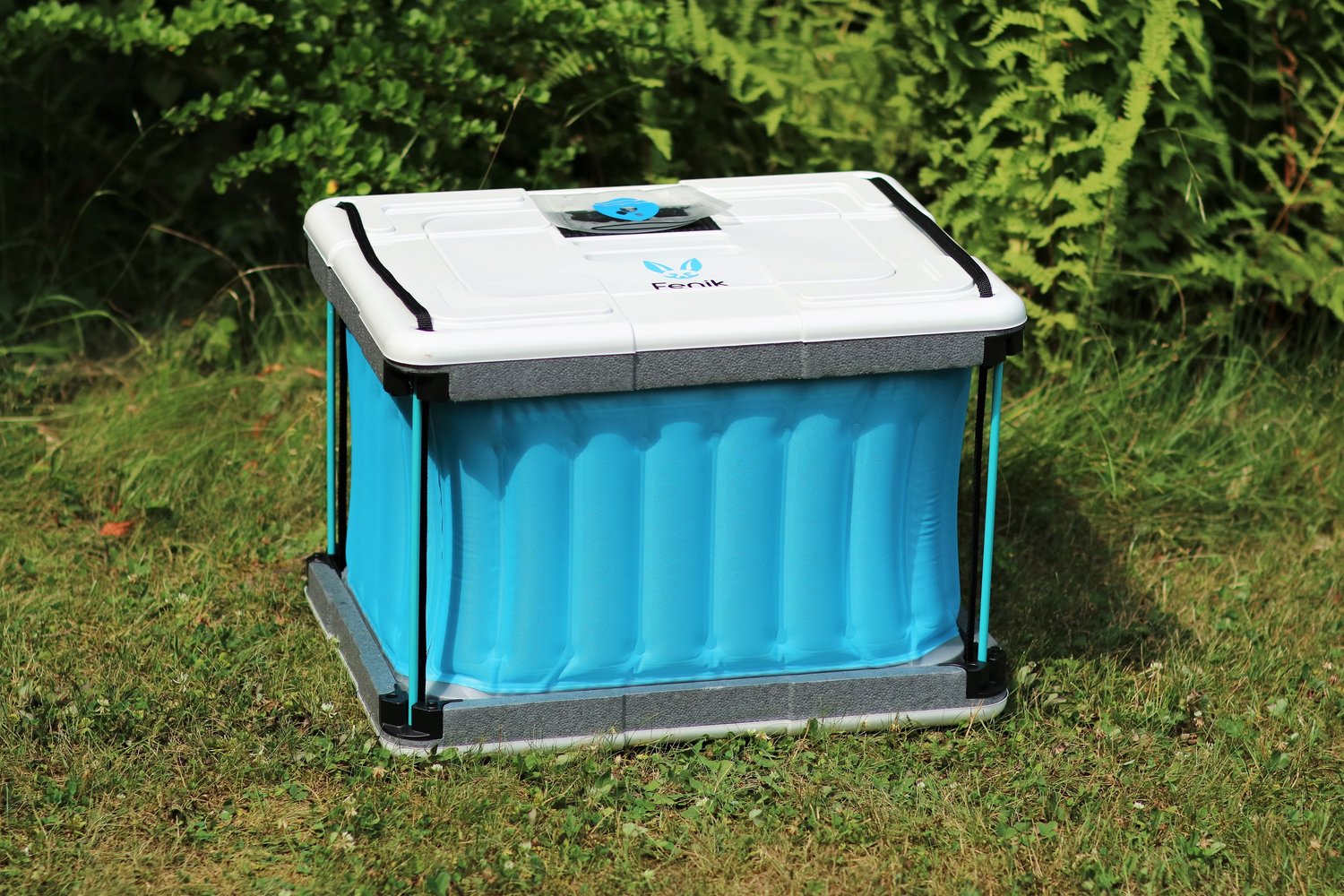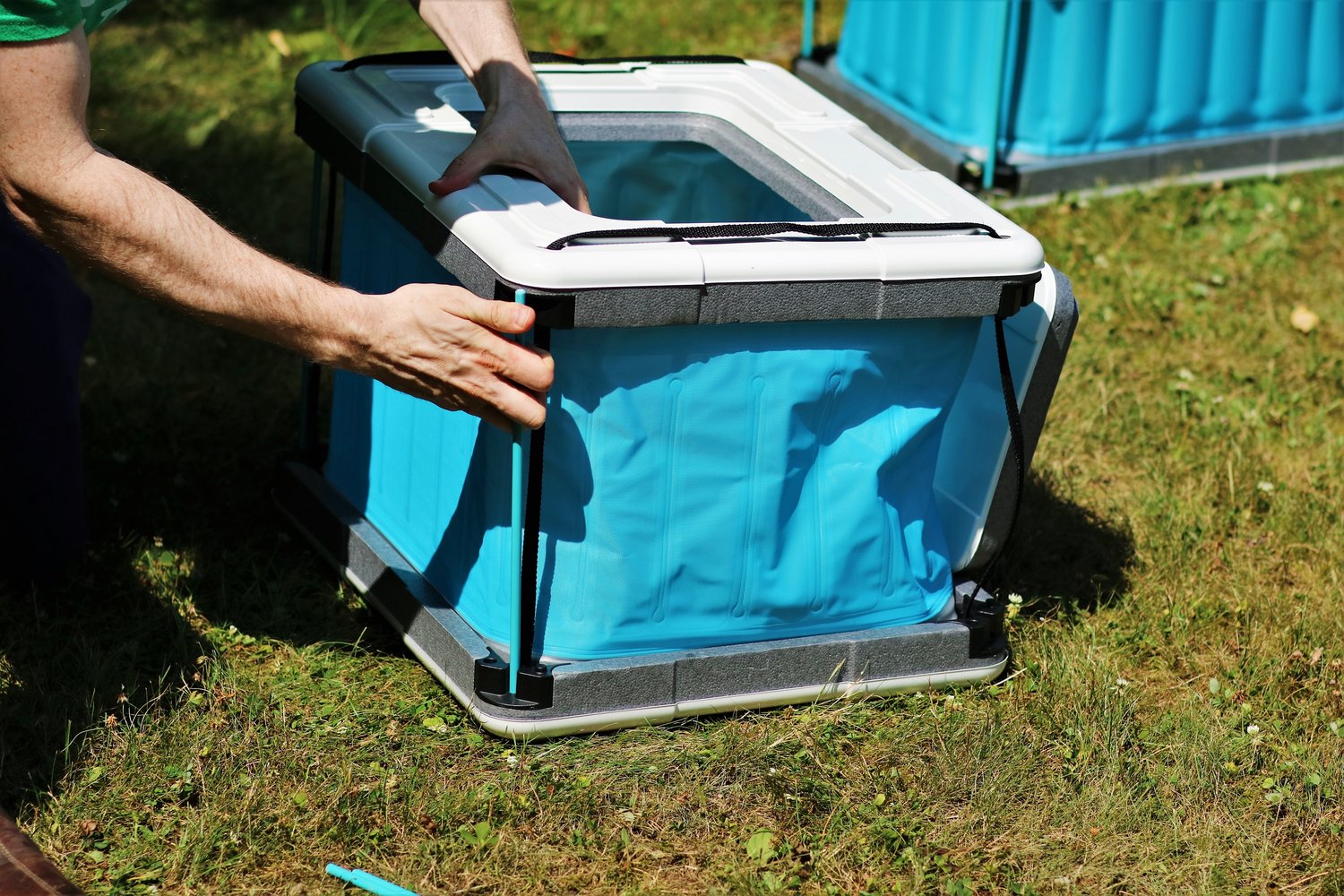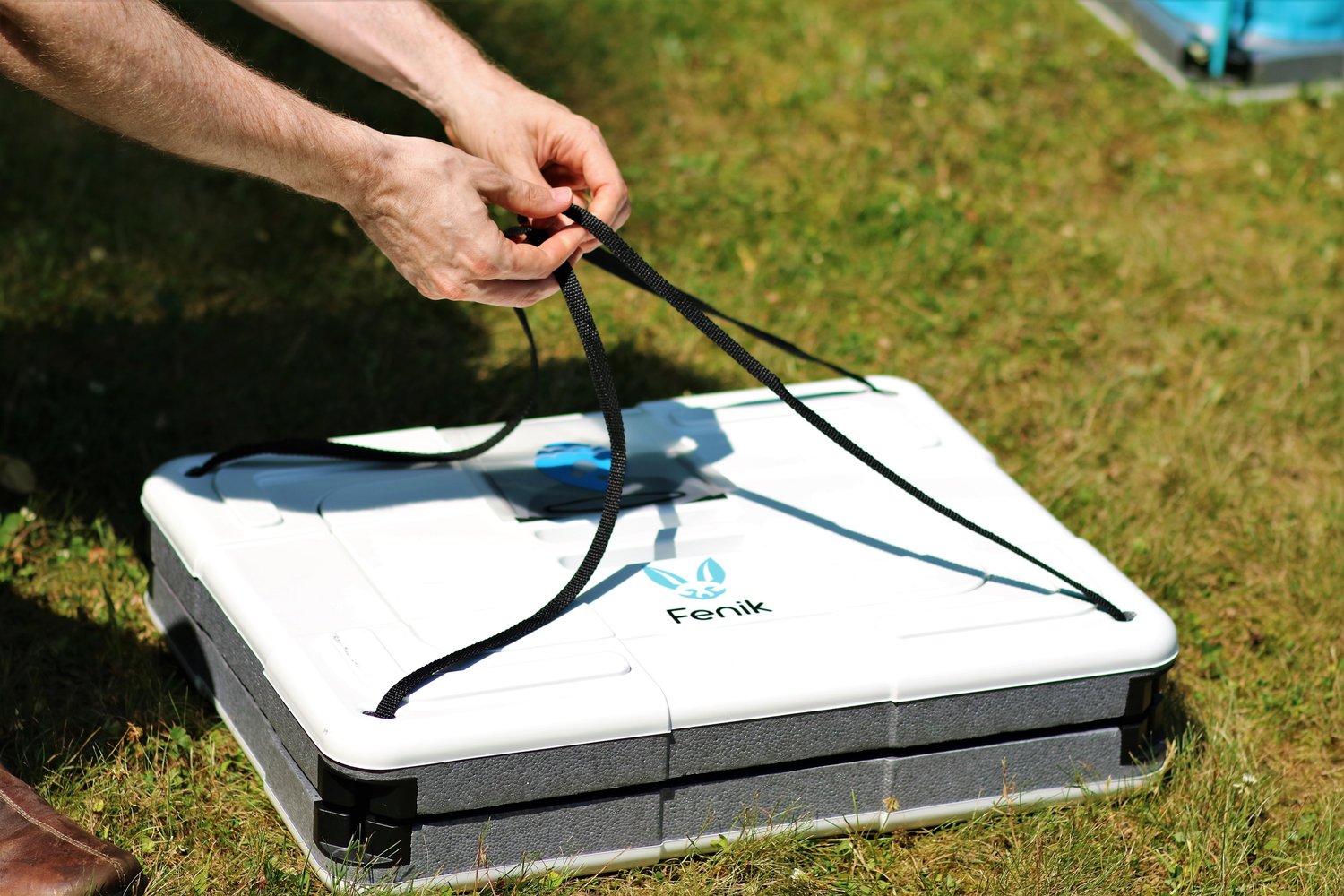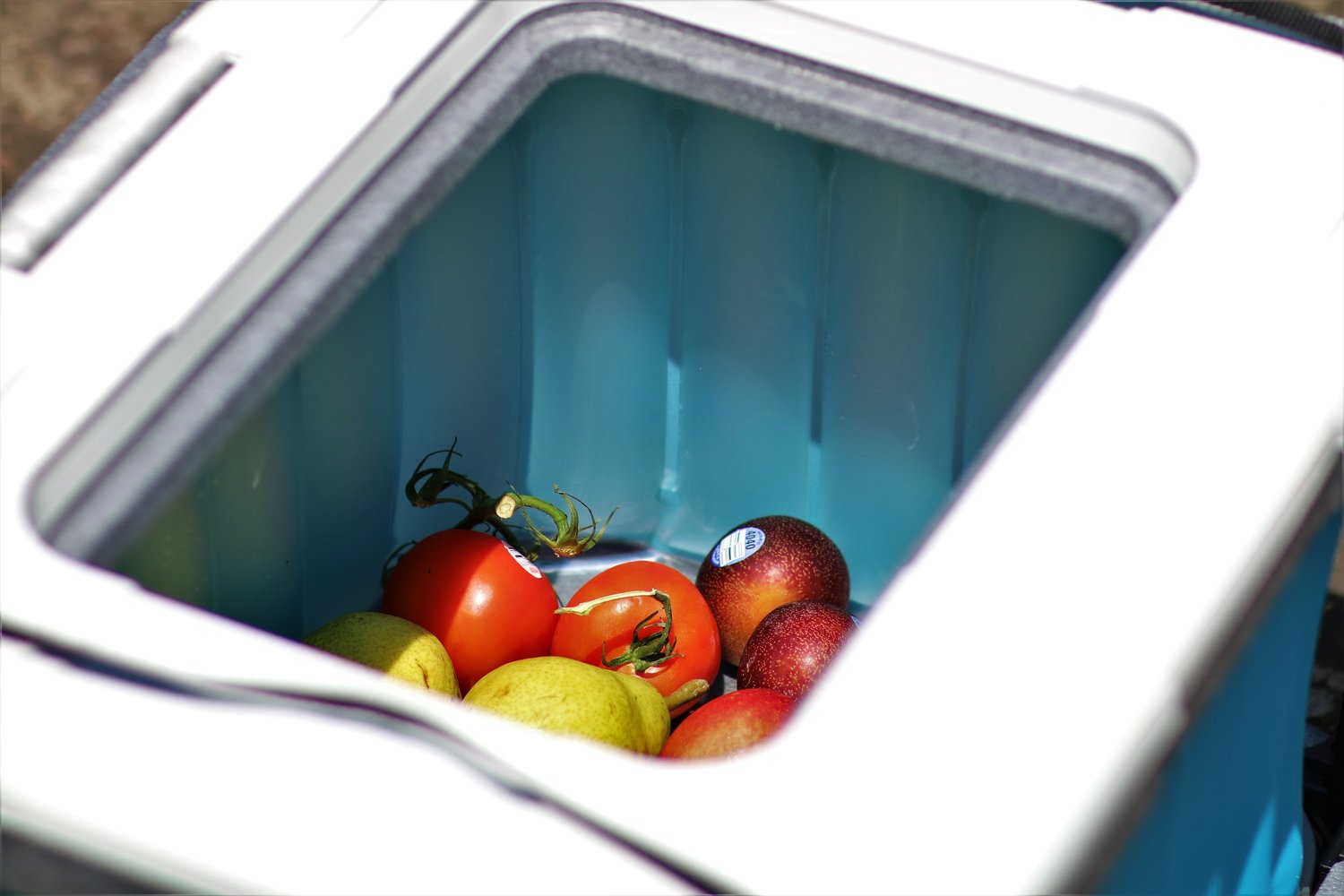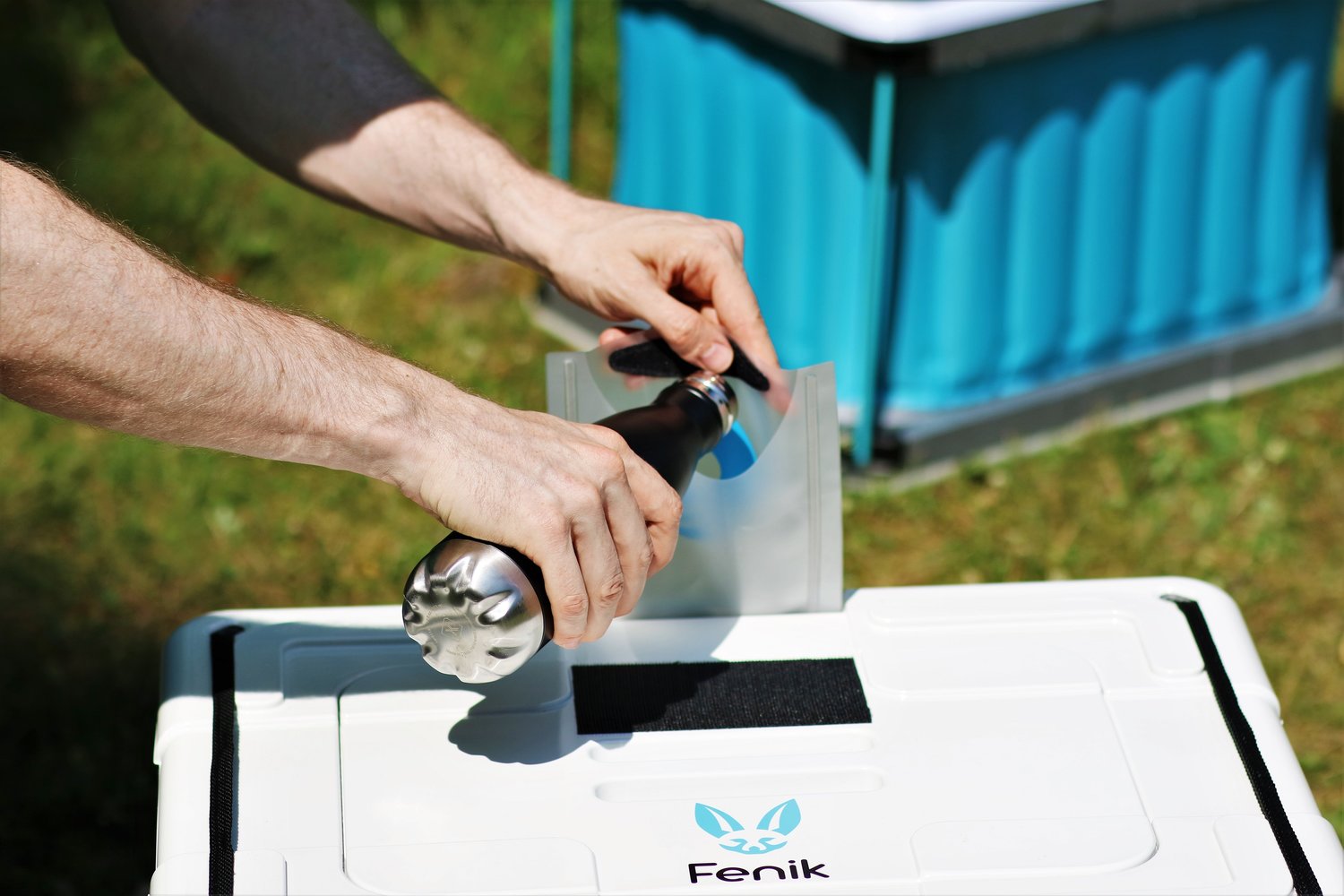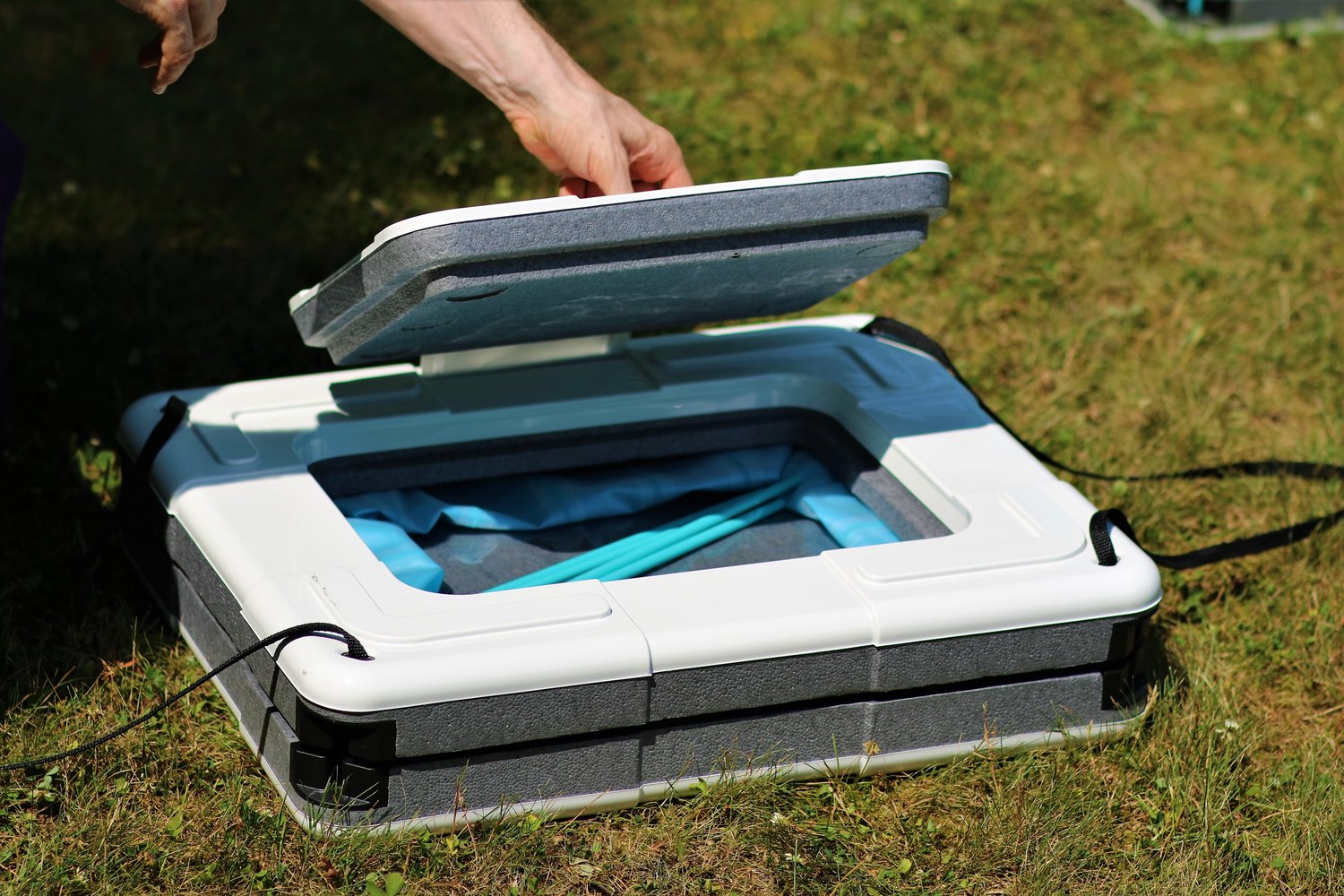Coolers are big business on Kickstarter, dating back to the multi-function Coolest Cooler, which racked up an epic $13 million in pledges several years ago. Now a new refrigeration system has landed on the popular crowdfunding platform — and it’s missing one big feature. What feature is that? Just a little thing we call the need for electricity!
As a result, the electricity-free, fan-free, air compressor-free Yuma 60L fridge — which runs solely on water — could be useful for both your upcoming camping trip and, potentially, in developing countries or disaster areas where power is in short supply. While it won’t keep your beers as frosty as a standard compression refrigerator, it does promise to retain a “nice and refreshing” temperature level for anything stored in it. And all without needing to be plugged in.
“The Fenik Yuma cooler is a portable food preserver that never needs ice or electricity,” co-founder Jeremy Fryer-Biggs told Digital Trends. “It comes totally flat, and pops up like a tent in under 20 seconds. This allows you to easily take it anywhere. Once assembled, you open the door, place your food inside and activate it by pouring water into the fill-port. The water absorbs heat energy from your food and evaporates through a smart material called PhaseTek, in much the same way that your body cools itself. The result is that your food lasts much longer. Yumas will work anywhere in the world where there isn’t excessive humidity and can be stacked to save space or collapsed again for easy transport.”
Fryer-Biggs said that the germ of the idea behind the project started when one of his co-founders, Quang Truong, was working with farmers in Liberia and Vietnam to improve the productivity of their crops. Witnessing food rotting in the fields and in open air markets, he set about looking for a way to solve a problem — lack of refrigeration — that affects around 1.2 billion people around the world. This adds up to nearly a trillion dollars in wasted productivity and 8 percent of global greenhouse gas emissions. Truong settled on evaporative cooling: based on the observation that when water evaporates, the surface it was on gets colder.
As ever, we offer our usual warnings about the risk inherent in crowdfunding campaigns. However, if you’re aware of these and still wish to get involved, head over to the Fenik Yuma cooler project page for more information. Prices for the cooler (plus handy carrying strap) start at $120. A $250 pledge, meanwhile, will secure a cooler for yourself and provide one to a family in need. Provided the project hits its funding target, shipping should take place in March 2019.

